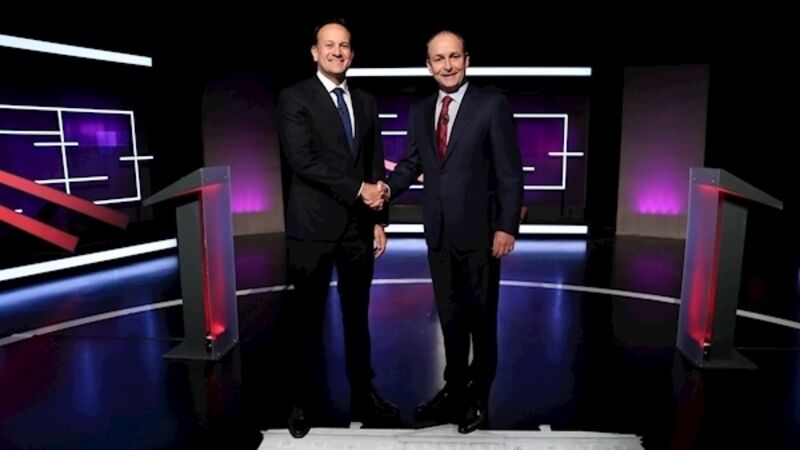Need for emergency budget could accelerate coalition talks

Fine Gael and Fianna Fáil believe the need for emergency laws and a crisis budget to respond to Covid-19 must be assured by a coalition deal and a new government.
The need for an emergency budget in just a few weeks was raised during Fine Gael’s teleconference last week by Finance Minister Paschal Donohoe.













